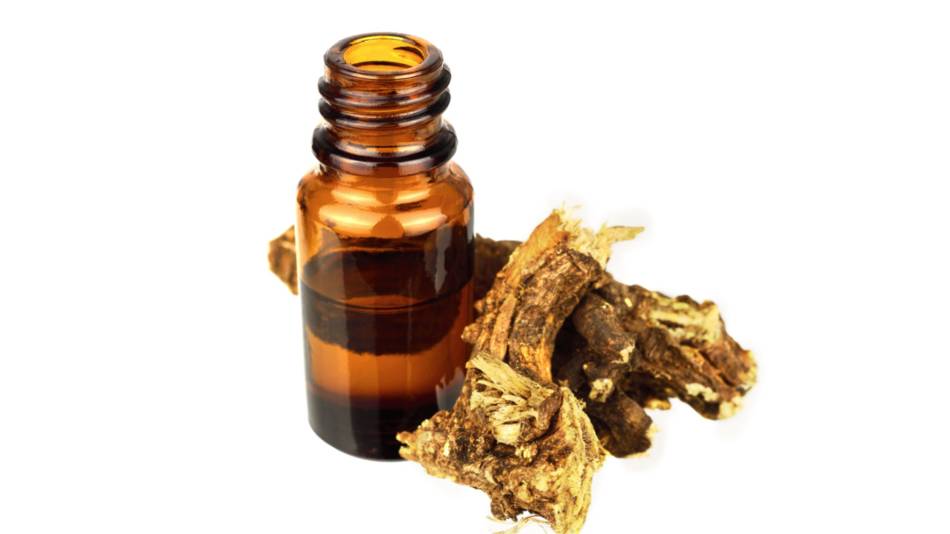
Answer:
Osha root extracts are commonly promoted for congestion, coughs, throat irritation, supporting the respiratory system, helping maintain the immune system, and other uses. Osha (Ligusticum porteri) is also called Porter's wild lovage, loveroot, bear root, Colorado cough root, chuchupate, hierba del cochino, and raíz del cochino. It is native to parts of the Rocky Mountains and Mexico (Rivero, J AOAC Int 2012).
Unfortunately, there do not appear to be any clinical studies confirming any benefit of osha root in humans, although laboratory research suggests some possible health effects.
Read below to learn more about osha root, its effects, possible safety concerns, and how products on the market compare.
Possible health benefits of osha root
Protecting against infection
Osha root extract showed antibacterial activity against several common species of bacteria including E. coli, Staphylococcus aureus, Enterococcus faecalis, and Staphylococcus epidermidis in a test-tube study (Andrade-Ochoa, Sociedad Mexicana de Biotecnología y Bioingeniería 2013). Other laboratory research has demonstrated that osha root extract might increase the effectiveness of certain antibiotics against certain drug resistant strains of bacteria (Cégiéla-Carlioz, Flavour Fragr J 2005).
Lowering blood sugar
In a mouse model of type 2 diabetes, osha root extract was shown to lower blood sugar levels, possibly by blocking the absorption of carbohydrates in the small intestines and stimulating insulin secretion (Brindis, J Nat Prod 2011).
Preventing stomach ulcers
A study in rats showed osha root extract to protect against alcohol-induced stomach lesions (Velázquez-Moyado, J Ethnopharmacol 2015).
Other effects
In a test-tube study, diligustilide, a compound in osha root extract, demonstrated anticancer activity against leukemia, colon and lung cancer cells (León, J Mex Chem Soc 2012).
Laboratory research suggests that certain constituents of osha root might slightly reduce spasms of small intestines and have sedative effects (León, Nat Prod Res 2011).
Safety concerns
There do not appear to be any clinical studies assessing the safety of osha root, nor do there appear to be any laboratory studies evaluating the carcinogenicity, neurotoxicity, cytotoxicity or teratogenicity of osha root, so possible side effects of this supplement are unknown (Déciga-Campos, J Ethnopharmacol 2007).
As noted above, osha root may lower blood sugar, so it should be used with caution in people who take blood sugar-lowering medications (i.e., insulin, metformin, glyburide, etc.). Similarly, as it has demonstrated sedative effects in animal research, it should be used with caution if taken with sedatives/benzodiazepines such as diazepam (Valium), alprazolam (Xanax), lorazepam (Ativan), and midazolam (Versed).
Some manufacturers of osha root supplements, including Secret Garden of Health & Healing and EnerHealth Botanicals, have received warnings from the FDA for being adulterated because they were manufactured under conditions that violated Current Good Manufacturing Practices.
There is some concern that the appearance of osha plants may be mistaken for poisonous plants such as water hemlock or poison hemlock, although the roots of the plants are less likely to be confused. Osha root has a distinctive celery-like odor, while water hemlock and poison hemlock have a "dead mouse-like" scent and parsnip scent, respectively (Turi, HerbalGram 2010).
Osha root products and cost
Given the lack of clinical data for osha root, it is uncertain what form, standardization, or dosage, if any, is best. ConsumerLab has not tested osha root products.
Liquid osha root extract ranges in price from $38.95 per 4-ounces of Osha Liquid Extract by Hawaii Pharm LLC (32 cents per 1 mL that provides 983 mg of osha root extract) to $14.38 per ounce for Osha Extract by Herb Pharm (about 48 cents per 1 mL serving that provides 874 mg of osha root extract). Some products, such as Wise Woman Herbals Liqusticum porteri Osha, claim to contain a "proprietary blend" of osha root, but the exact amount of extract per 1 mL-serving is uncertain.
Osha root extract is also available in capsule form, which appears to cost slightly more than the liquid form. For example, Zazzee OSHA Root Extract 120 Vegan Capsules 500 mg Strength costs $33.97 for 120 500-mg capsules. However, each "500 mg strength" capsule provides only 125 mg of osha root extract for 28 cents, which is claimed to be equivalent to 500 mg of osha root powder.
The Bottom Line:
While laboratory research suggests that osha root may protect against infections, reduce blood sugar, prevent stomach ulcers, and help other conditions, none of these uses have been confirmed in humans. Controlled clinical studies are needed to determine whether osha root is beneficial and if it is safe.
Also see these articles about supplements for respiratory infections: "Do any supplements help prevent or treat a cold?" and "Do any supplements help for flu?"
Join today to unlock all member benefits including full access to all CL Answers and over 1,400 reviews.
Join NowAlready a member? Sign In Here.
Join now at www.consumerlab.com/join/








Submit your comment
This feature is restricted to active members.
Join now to add comments and get all member benefits, including over 1,400 reviews.
Join NowAlready a member? Sign in here.